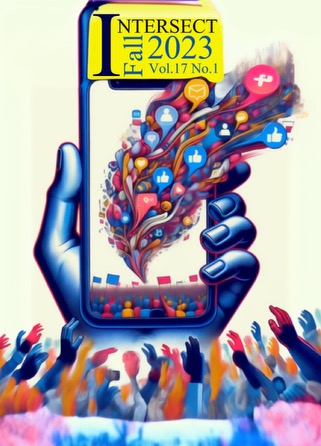Neurobiological Pathways of Romantic Attraction: How do the Neurobiological Pathways Involved in Romantic Attraction Parallel Those Involved in Addiction and Reward?
Abstract
Romantic rejection is a potentially debilitating condition that many people experience at some point throughout their lives. Whether it is through experiencing a breakup or ruminating over feelings of unrequited attraction, the failure to properly rebound from romantic rejection can have disastrous consequences on one's mental health, such as prolonged feelings of obsession, social anxiety, and suicidal thoughts. To find a potential treatment for romantic rejection, one may observe that romantic attraction is an experience sharing many traits with the reward of addiction, such as the activation of neurotransmitters such as dopamine, serotonin, and oxytocin, as well as the activation of specialized regions in the prefrontal and orbitofrontal cortex, and the nucleus accumbens. Due to the significant role of the brain's reward system in addiction, by considering the similarities this system may share with those salient in individuals experiencing romantic attraction, one may be able to find treatment ideas for romantic rejection. This paper will provide a review of the neurobiological pathways of addiction compared to romantic attraction, a discussion of the similarities between the two, as well as further avenues for research on potential "anti-love" medications that may ease obsessive, fearful, and depressive behavior frequently associated with romantic rejection.
Downloads
Published
Issue
Section
License
Copyright (c) 2024 Intersect: The Stanford Journal of Science, Technology, and Society

This work is licensed under a Creative Commons Attribution-NonCommercial-NoDerivatives 4.0 International License.
Authors who publish with this journal agree to the following terms:- Authors retain copyright and grant the journal right of first publication with the work simultaneously licensed under a Creative Commons Attribution License that allows others to share the work with an acknowledgement of the work's authorship and initial publication in this journal.
- Authors are able to enter into separate, additional contractual arrangements for the non-exclusive distribution of the journal's published version of the work (e.g., post it to an institutional repository or publish it in a book), with an acknowledgement of its initial publication in this journal.
- Authors are permitted and encouraged to post their work online (e.g., in institutional repositories or on their website) prior to and during the submission process, as it can lead to productive exchanges, as well as earlier and greater citation of published work (See The Effect of Open Access).

